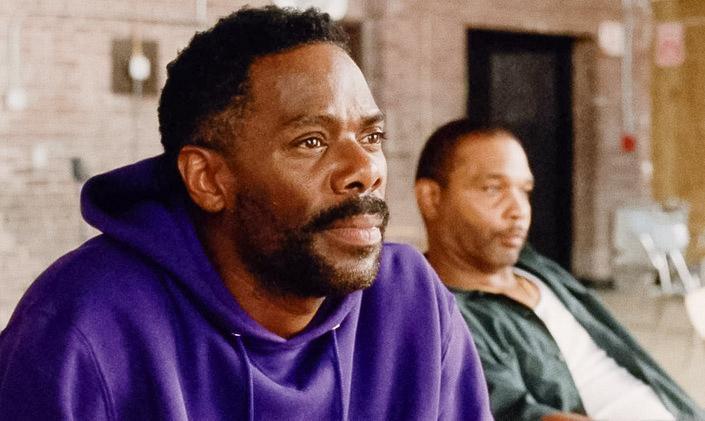R | 1h 45m | July 12, 2024
“Sing Sing” is being touted as one of the greatest prison dramas ever, but I think “The Shawshank Redemption” takes that honor. I would call “Sing Sing” the greatest prison semi-documentary, due to the fact that many of the roles are former prison inmates playing versions of themselves.






